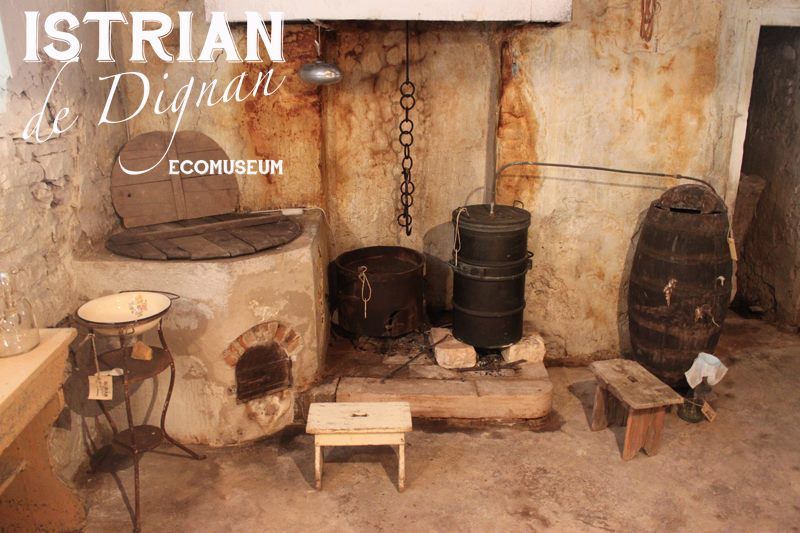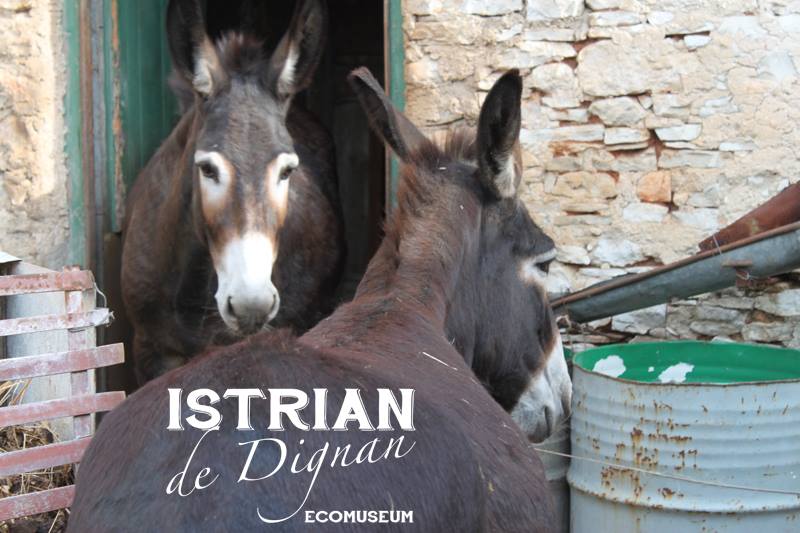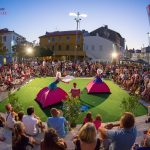What happens when a whole town becomes a heritage museum of sorts? Good things happen.
Did you notice the term museum is starting to feel a bit… vague? Museum of Broken Relationships, Museum of Illusions, Museum of Childhood, Museum of This and That – it seems everything can pass for a museum these days. Providing you have a solid concept, a space to put that concept on display and a good marketing strategy, you’re set for success. To a certain extent, it’s frustrating that museums have come down to a label thrown around with no respect for its original meaning, and yet I’m kind of glad we’re starting to break free from the rigid criteria used to confine culture into narrow bounds.
Enter Istrian de Dignan – Ecomuseum, a non-profit association created in Vodnjan to preserve and promote traditional resources of the region. In 2016, they received funding from the Ministry of Tourism for a project intending to establish a network of accommodation providers and agriculturists from Vodnjan. Various local businesses have united in order to create a unique tourist product, branding their small town as an attractive destination.
This year, they’ve done it again: minister of tourism Gari Cappelli adopted a decision on funding 15 projects by professional associations in tourism with a total of 1.5 million kuna, providing Istrian de Dignan with a sum of 150.000 kuna. The funds are intended to finance implementation of the project titled „Achieving sustainable development through education“.

The Ecomuseum has its seat in a historic townhouse in Vodnjan that is furnished with items donated by community members; the collection speaks about the old way of life in these parts. The experience doesn’t stop there, but extends to countless guided tours, cultural events, tastings, workshops and exhibitions. Immersing people in authentic local culture in multiple ways results in better understanding of their environment; the visitors are encouraged to participate in activities such as grape and olive harvests to get a sense of the rural life in the community. They don’t just come to visit the town, they become part of it for a while.
The town is taking care of the last surviving family of autochthonous donkeys, who are seen as returning the favour by willingly participating in animal therapy for people with disabilities. The community has also turned the local school’s garden into a Didactic farm where they grow traditional sorts of fruit, vegetables and aromatic herbs.
Every part of this project aims to preserve local tradition and present it to the world as something valuable that can’t be allowed to disappear without anyone noticing. The community is literally working with what they already have, proving that only good things can come out of ideas based on enthusiastic local spirit. The Ecomuseum extends far beyond the walls of an old house – it’s a movement that a lot of other professional associations can look up to.

Image source: Ecomuseum Facebook








